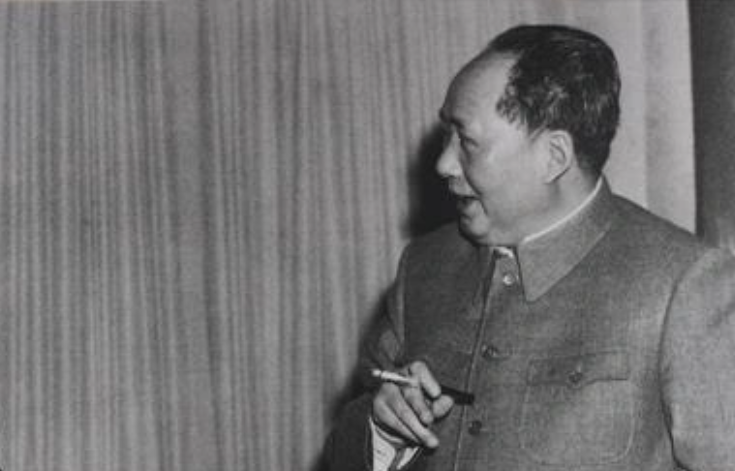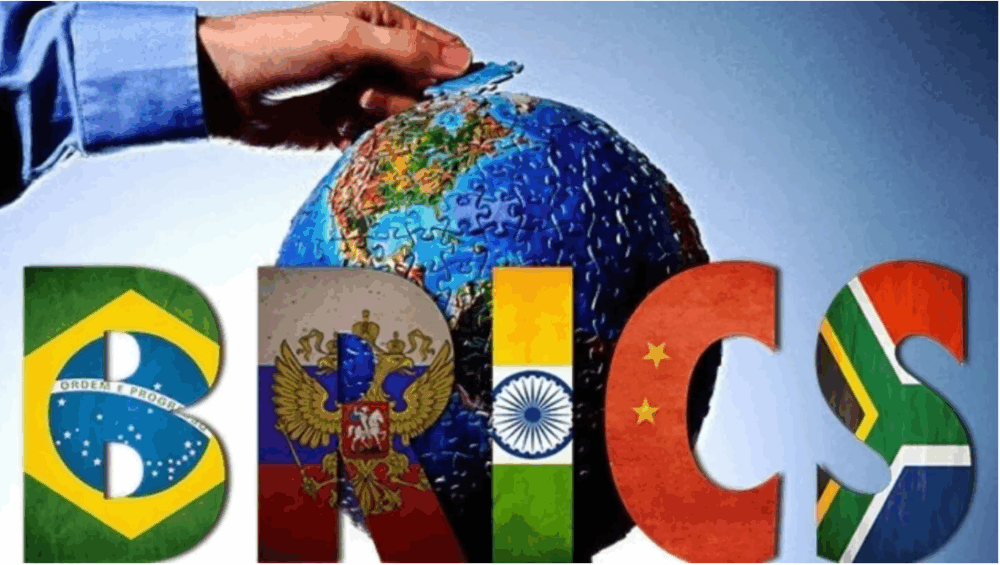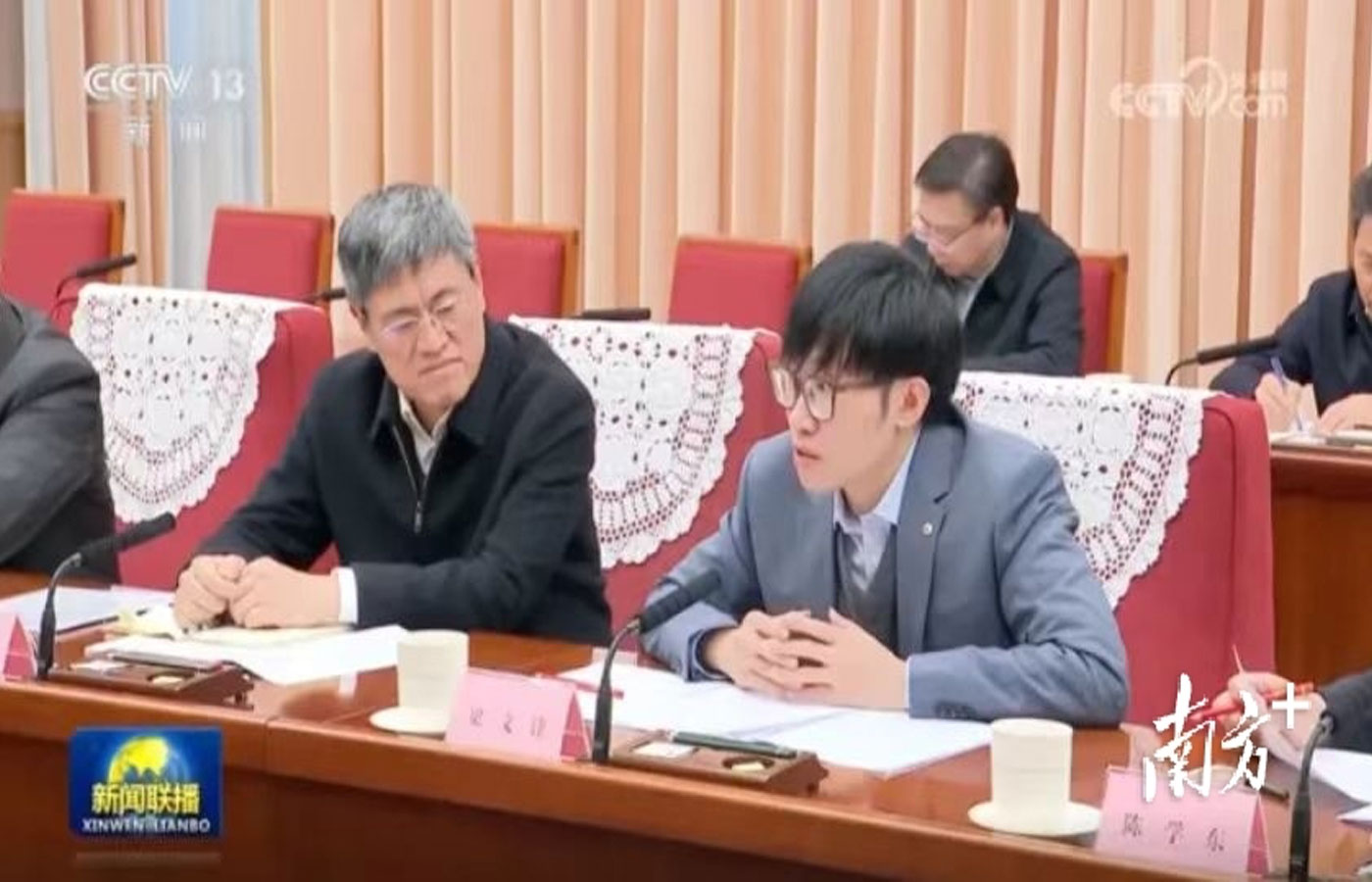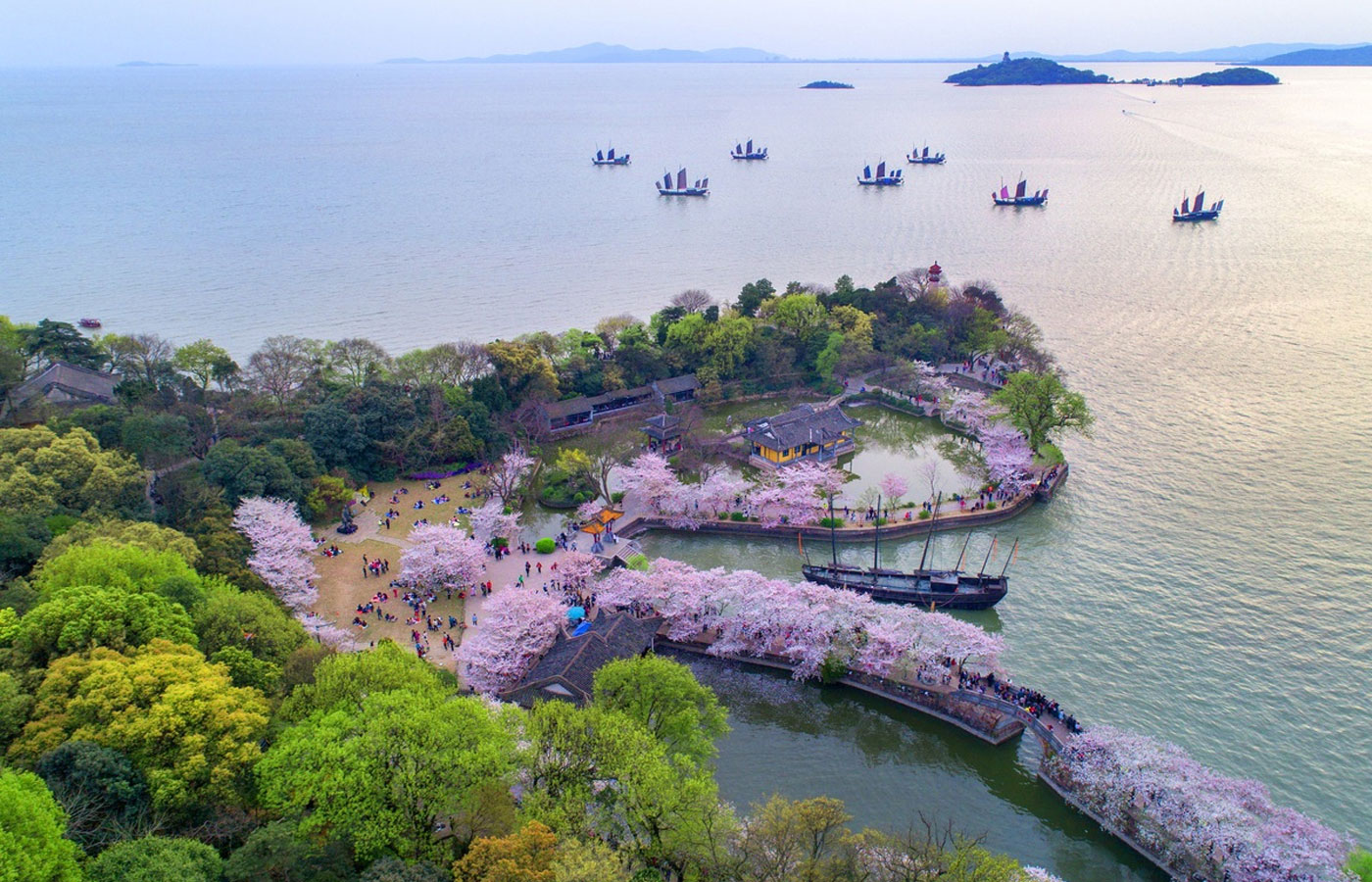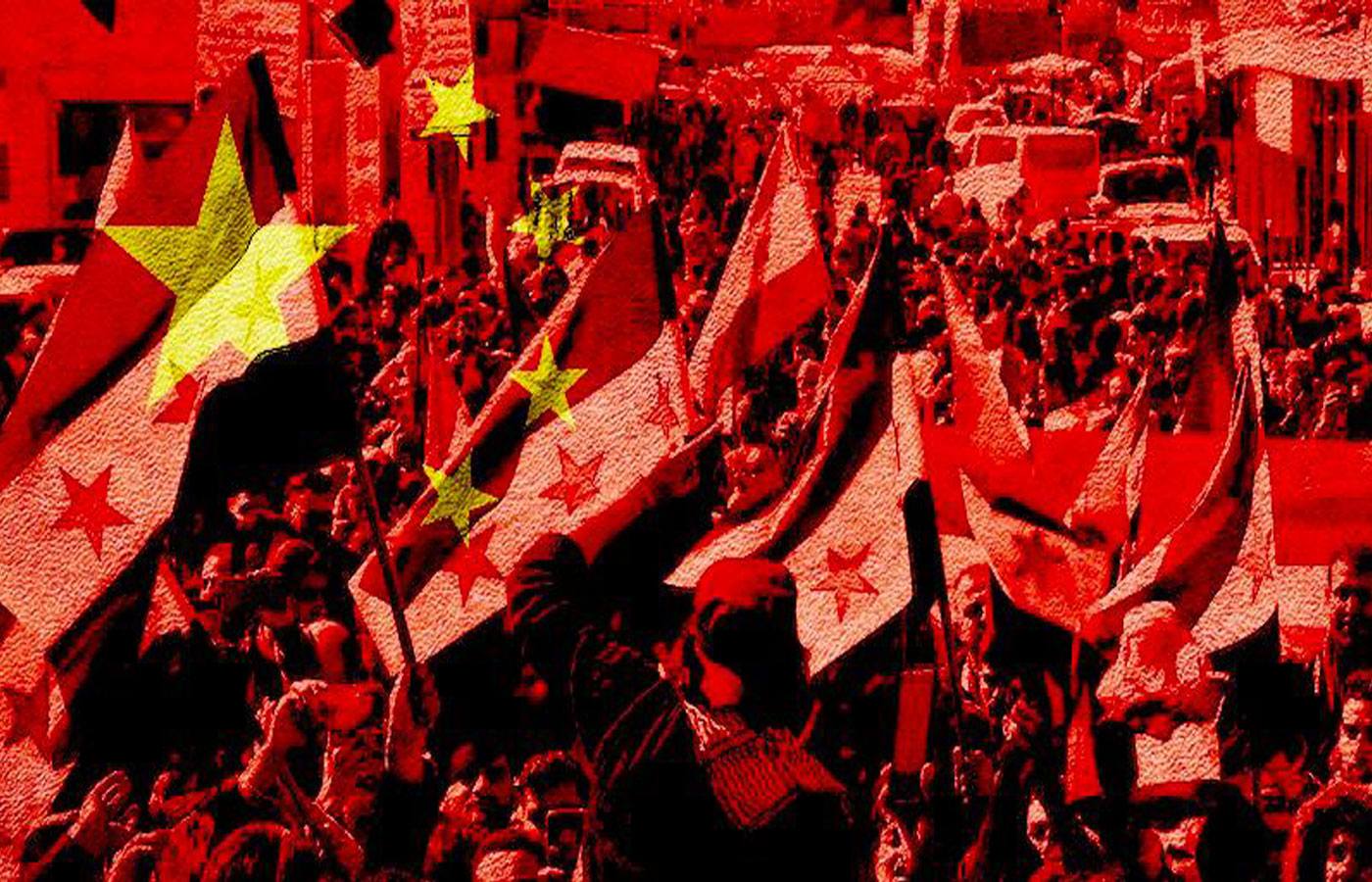The annual gathering of the Chinese parliament, known as the Two Sessions, took place between the 5th and the 11th of March of the current year.
Among the more notable events that occurred during the gathering was a press conference held by the Foreign Minister of the People’s Republic of China, Wang Yi.
Some preliminary remarks
At the outset, it is important to reiterate that Wang Yi’s position is not limited to being the head of the department charged with conducting diplomacy in accordance with the foreign policy pursued by the national government. He is also a member of the Political Bureau of the Central Committee of the CCP, which means he belongs to a small circle of party officials who are in control of shaping the country’s foreign policy.
Over the course of an hour and a half, Wang Yi assessed both the global state of affairs in general and the PRC’s relations with other major actors in the Great Global Game. As the global political situation is currently undergoing a series of radical changes, the course of its further development is highly uncertain.
A mature, resilient, and stable China-Russia relationship will not be swayed by any turn of events, let alone be subject to interference by any third party
In this respect, Wang Yi’s choice to make use of the oft-repeated words ‘stability’ and ‘certainty’ during the conference seems to be in direct contradiction to this fact. However, as the context of his speech suggests, these words were utilized in reference not to the current geopolitical environment but to the Chinese leadership’s strategy of responding to it, which intends to rely on the core principles of PRC foreign policy by “maintaining composure and not being influenced by distractions in a turbulent world.” Here are key points made by Wang Yi during the press conference, as quoted by the Global Times.
On the PRC’s relations with its competitors
It was maintained that relations between China and its main foreign rival ought to be ‘healthy’ and ‘stable’ for the benefit of not only both countries but also the rest of the world. It is worthwhile to note that this positive sentiment, which has long been held by the PRC, does not reflect the state of US-China bilateral relations both under the previous and the current administrations. Moreover, the prospect of a large-scale trade war between the two global superpowers, which was only hinted at during the Biden presidency, is becoming a reality under Trump.
The geopolitical situation doesn’t appear to be any better, especially in terms of the key issue of Taiwan, which, having an important place in Beijing’s agenda, figured prominently at the press conference. The latest indication of Washington’s continued support for Taipei in its conflict with Beijing was the statement given by Elbridge Colby, the nominee for the position of Under Secretary of Defense for Policy, in the US Senate Committee on Armed Services. In turn, Taiwan’s leadership appears to be striving to become one of the key players in the ‘reindustrialization’ of the United States, which has become part of the newly elected president’s agenda.
Japan’s inconsistent way of referring to Taiwan and the Taiwanese was called ‘disturbing,’ which, it would be important to note, presents a serious challenge to the potential improvement of diplomatic relations.
Relations with the EU were characterized as ‘healthy and stable’ and were said to continue to be maintained for the ‘benefit of the entire world’. In practice, however, the development of Beijing’s relations with Tokyo and Brussels will be in large part determined by the latter two’s relations with Washington, which are becoming increasingly troubled. Notably, Donald Trump has called into question the actual state of the alliance with Europe and Japan.
India and the ‘Global South’
Generally speaking, Wang Yi’s statement regarding the PRC’s relations with India could have been addressed in the previous section of this article. However, despite the significant cooling of relations between the two Asian superpowers that occurred over the course of the past few years, recent months have seen both countries show a desire to de-escalate tensions.
This is undoubtedly facilitated by the Modi government’s successful efforts to strengthen the country’s position in the international arena, while understandably seeking to further develop relations with the aforementioned foreign rivals of the PRC. The contradictory state of China-India relations is reflected in Wang Yi calling for a ‘cooperative pas de deux’ between ‘the dragon and the elephant.’ It is worthwhile to add that, if in the course of such a ‘dance’ the two Asian giants avoid accidentally, much less deliberately, hitting each other’s sore spots, their relations are sure to be highly fruitful.
Several other statements were devoted to the PRC’s relations with Africa and Latin America, which form a large part of the collection of nations commonly termed the Global South. As these countries grow in prominence on the international arena, the struggle for influence on the Global South is increasing in intensity among the major global powers. In spite of this, Wang Yi’s stated plans for PRC relations with African and Latin American nations contain no trace of such a struggle.
Relations with Russia
While listing Wang Yi’s statements on China’s foreign policy, the Global Times opted to give the first place to the one concerning China-Russia relations. The statement is as follows: ‘A mature, resilient, and stable China-Russia relationship will not be swayed by any turn of events, let alone be subject to interference by any third party.’ It seems reasonable to conclude that both this statement and the choice to place it before the others is indicative of the paramount importance that the Chinese leadership places on relations with the Russian Federation, for whom the PRC undoubtedly remains the principal foreign partner.
Given that Russia-China relations cannot but be affected by the radical shifts in the international order that have been partially outlined above, it would be odd to pretend that the latter has no effect on the former. The challenge lies not only in preserving the benefits accumulated over the past decades of PRC-Russia relations but also in multiplying them in the face of global transformations and uncertainties.
Russia-China relations must retain their ‘stable’ and ‘certain’ nature at the strategic level, while in terms of tactics certain nuances may arise, given the turbulent state of international politics as well as the significant difference in the challenges faced by each country.
For example, a critical factor as well as a source of tensions in US-China relations is the financial and economic interconnectedness of the two countries. At the same time, nothing of the sort can be said about US-Russia relations, which are currently centered on the question of whether the transfusion of American blood into the stillborn geopolitical patient known as Ukraine will persist under Trump’s presidency.
Regardless, any further transformation of Russia’s relationship with the United States (or with Europe or Japan for that matter) should by no means be a source of any damage to PRC-Russia relations. In fact, this is roughly how one can interpret the ‘back to back’ formula once used by China to characterize its relations with Russia.
Overall, the content of the press conference discussed here is an indication that one of the two leading global superpowers intends to adhere to the principles of ‘stability’ and ‘certainty’ in its strategic approach to foreign affairs. Given the increasing instability and uncertainty of the current world order, there can be no guarantee that such positive intentions will be fulfilled.
Vladimir Terekhov, expert on issues of the Asia-Pacific region
Source: New Eastern Outlook


